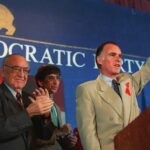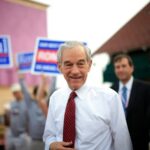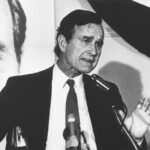Nikki Haley’s Post-Primary Prospects and Other Politicians’ Paths

After a significant defeat in her home state’s GOP presidential primary, former UN Ambassador Nikki Haley faces a pivotal moment in her political career. While some politicians have rebounded from similar setbacks, others have struggled to regain momentum. Here’s a look at the experiences of eight politicians who navigated post-primary challenges.
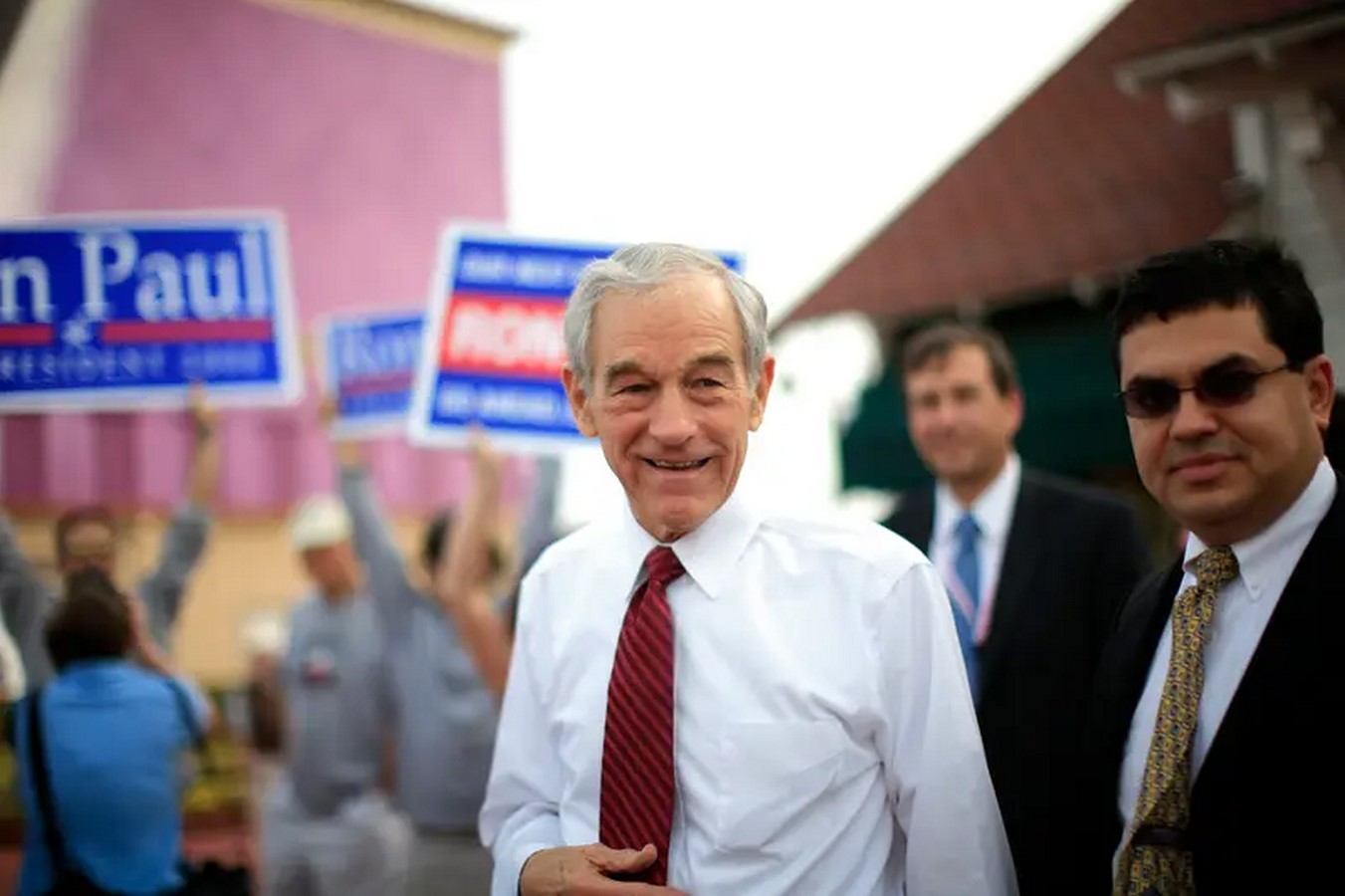
George H.W. Bush
Despite losing his home state of Texas in the 1980 Republican primary, George H.W. Bush went on to become the president. His extensive political experience and eventual vice presidency highlight the potential for post-primary redemption.
John Anderson
John Anderson, a moderate candidate in the 1980 race, transitioned to an independent campaign after his defeat in Illinois’ GOP primary. He remained active in academia and third-party politics following his presidential bid.
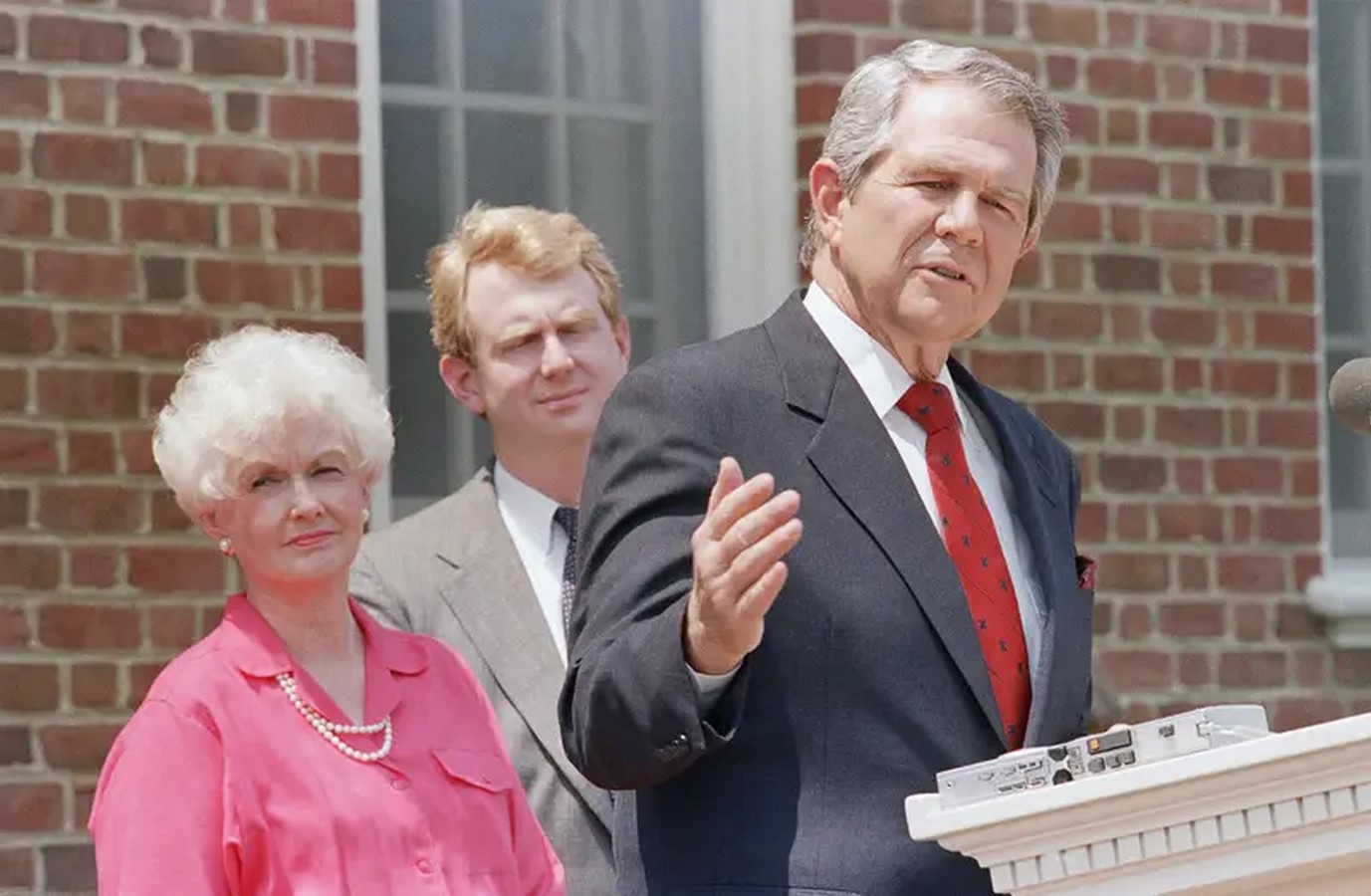
Pat Robertson
Televangelist Pat Robertson’s third-place finish in Virginia’s 1988 primary didn’t derail his influence within the Christian right. He continued his involvement in religious and political spheres, contributing to the Republican Party’s resurgence in the 1994 midterm elections.
Jerry Brown
Former California Governor Jerry Brown faced defeat in his home state during the 1992 Democratic primary. Despite this setback, he revived his political career, serving as Mayor of Oakland, Attorney General of California, and eventually reclaiming the governorship.
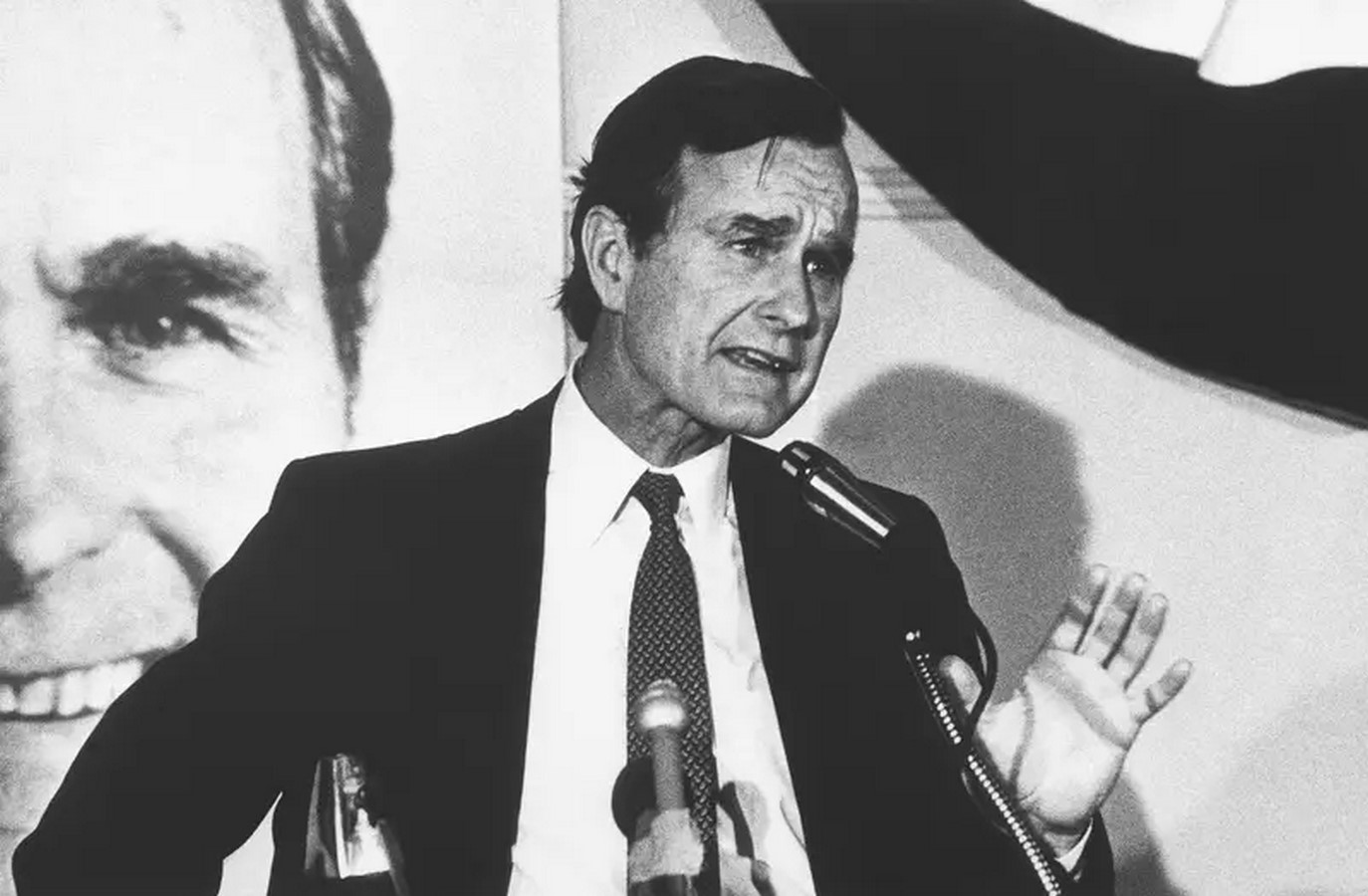
Dennis Kucinich
Dennis Kucinich, known for his progressive stances, persisted in the 2004 Democratic primary despite failing to win any states. He remained engaged in politics but faced challenges in subsequent elections, including unsuccessful bids for Ohio governor and Cleveland mayor.
Ron Paul
Congressman Ron Paul’s unorthodox campaign strategies, including grassroots fundraising, earned him national attention in the 2008 and 2012 Republican primaries. Despite setbacks, he continued to advocate for libertarian principles and remained active in public discourse.
Marco Rubio
Senator Marco Rubio’s loss in Florida’s 2016 primary didn’t deter his political aspirations. He reversed his decision not to seek reelection and maintained a prominent role in the Republican Party, contributing to the party’s legislative agenda in the Senate.
Elizabeth Warren
Senator Elizabeth Warren’s third-place finish in Massachusetts’ 2020 primary marked a setback in her presidential bid. However, she remained a prominent figure in the Democratic Party, continuing her Senate career and being considered for vice presidential candidacy.
In conclusion, while a defeat in a home-state primary can be a significant blow to a politician’s aspirations, it doesn’t always signal the end of their career. The experiences of these politicians demonstrate the resilience and adaptability required to navigate the challenges of post-primary politics. For Nikki Haley and others facing similar circumstances, the path forward may involve strategic recalibration and persistence in pursuit of their political objectives.


